Our Hopes for 2021

2020 was the most difficult of years. We faced the worst pandemic in more than a century, the deaths of more than 3.6 million people, the loss of tens of millions of jobs, the killings of George Floyd and Breonna Taylor and too many other Black people at the hands of police, historic wildfires and hurricanes, a deeply divided nation, and baseless allegations of fraud and illegal voting. And then there was the loss of normalcy and community as cities shut down, and businesses and schools had to close their doors for the safety of our most vulnerable citizens.
2020 challenged us all, giving the AU community plenty of opportunities to exhibit resilience, creativity, and compassion. We rose to the occasion, completing two partially (or entirely) remote semesters, caring for others and volunteering in our communities, and continuing our work to make a difference in the world.
As we count down the days remaining in 2020 and look forward to vaccines and a road to recovery in 2021, we asked faculty members from across the College of Arts and Sciences to share their hopes and dreams for a better future.

Humanity
Max Paul Friedman, Interim Dean, College of Arts and Sciences
I hope that my baby boy will crawl into a world with more racial justice, rational government, and a renewed reverence for nature’s awesome power that 2020 awakened in many of us. I hope that he will hear language that is less coarsened by cruelty and more infused by a sense of humanity toward the stranger. I hope that students and teachers can be together again, and that the new post-pandemic political economy honors the dignity of work by enabling work to be dignified. And I hope, at long last, to see you all in person.
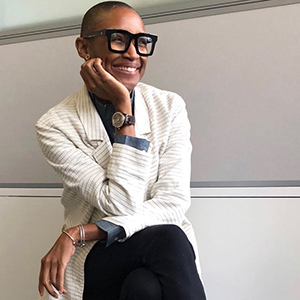
Growth and Lots of Hope
Christine Platt, Interim Managing Director, AU Antiracism Center
It is undeniable that this year was among the most challenging that many of us have faced in our lifetimes. But it is my hope that when we reflect on these unprecedented times we see how these moments of hardship were actually milestones on our personal journeys of evolution. From strengthening our resiliency to reimagining what it means to be a global citizen and advance the work of humanity, I hope that we one day see 2020 as a season of growth for us individually and collectively. And I hope (and believe!) that 2021 is the beginning of us reaping the rewards of our efforts and that we continue to remain encouraged as our work continues. Onward!
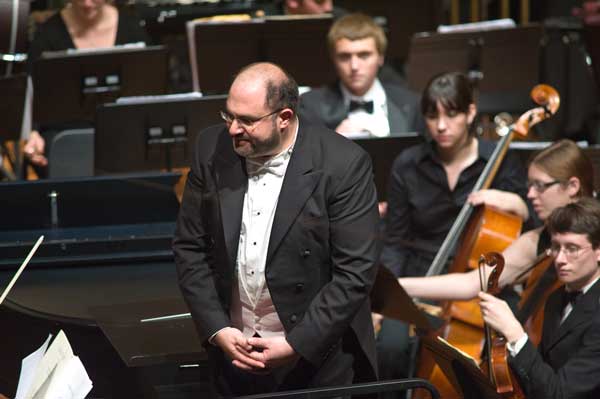
Art
Dan Abraham, Chair of the Performing Arts Department, Professor of Music, and Director of Choral Activities
For the arts at AU and beyond, I look forward to evenings in Katzen filled with groups rehearsing – scene studies, dance choreography, small sectional vocal work. Where practice rooms are abuzz and where the visual arts and performing arts students walk past each other and feel the energy of creation humming across Katzen. For the arts fields, I look forward to the return of live audiences eager to experience the communal intensity of live performance. And for the world, just a simple hope for 2021: for all of us to recognize that acting with compassion and kindness is the only answer for our future.
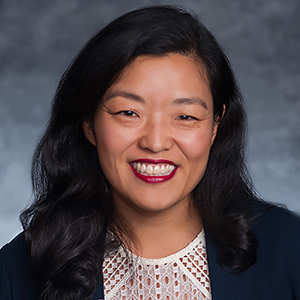
Empathy
Patricia Park, Assistant Professor of Literature
I hope for empathy. Empathy for those who lost family due to Covid, and for essential workers who first risked their lives at the frontlines and are now coping with the traumatic aftermath. Empathy for those who have lost their jobs and businesses. And empathy for those who may have voted differently from us but ultimately wish for the same America: one where our freedoms are protected and we can provide for our families.
In 2021, I hope we read these untold personal stories and feel empathy for those who have lived lives different from our own.
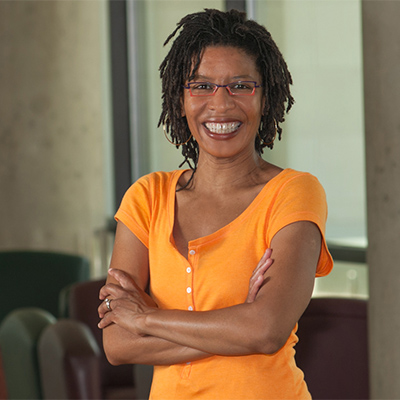
Liberation
Sybil Roberts Williams, Director of African American & African Diaspora Studies
I am constantly inspired by Septima Clark who understood the role of education as tool for liberation. She once described education as a "resource and rallying point" for those "leading the fight for justice and better race relations". Like her I believe that education must be a resource for those of us committed to the struggle for liberation. I define liberation as the ability to become your whole self, to fulfilled at the deepest level, to know a joy unshaken by external events, and finally to have a passion for social justice that is absolute and contagious. My hope for all of us in 2021 is that we commit ourselves to becoming liberated. If we all strive for liberation then perhaps as Septima Clark states, "The air [will have] finally gotten to the place that we can breathe it together."
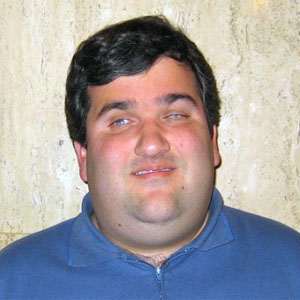
Reconciliation
Marc Medwin, Assistant Professor of Performing Arts
In 2021, my hope will be guided toward reconciliation. Yes, toward the larger issues, those that affirm and reaffirm with solid flexibility, but also toward the minute deep-down things, the word, the gesture, the small act of faith or friendship that allows a family to be at dinner-table peace. I hope that a spirit of reconciliation will spread, will infect, will creep into bones and blood, altering minds, hearts and transforming lives. I hope for the bitter-sweet endings reconciliation brings, beyond show and symbol, beyond facile phrases, blasted boundaries and shaken foundations. I hope for reconciliation to spread so far, burrow so deep, that it reaches the distantly luminous place in which memory and reflection conjoin. In that place, hope is born.
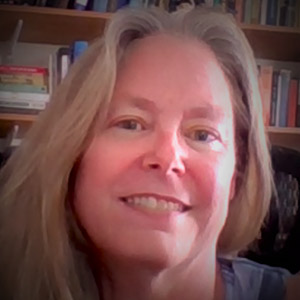
Listening
Mary Eschelbach Hansen, Professor of Economics
I hope that in 2021, people everywhere will work hard to listen – actively listen – more than they talk, type, or click. Listening actively shows respect for the speaker. It’s the basis for trust. It is only with respect and trust that we can resolve the interpersonal, social, and political problems that vex us today.
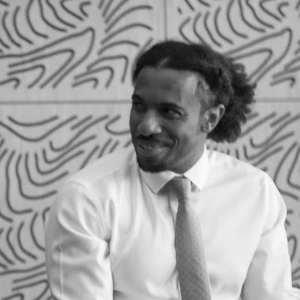
A Place to Think and Create
Kyle G. Dargan, Assistant Director, MFA Program in Creative Writing, and Associate Professor of Literature
My first hope — for the students, the faculty, and what the university represents — is that we find our footing regarding resources. Slim times are necessary periods of reflection on and reassessment of priorities. We survived these virtual semesters but, if anything, it proved the value of our in-person interactions and exchanges of ideas. The era of coronavirus will end, but who will we be in its wake? I am only in favor of "new normals" that are productive confrontations with, as opposed to capitulations to, what we have been. (That goes for the nation as well.) More than a casualty, I want us to be a place that prepares young people to create and think their way through the chaos.
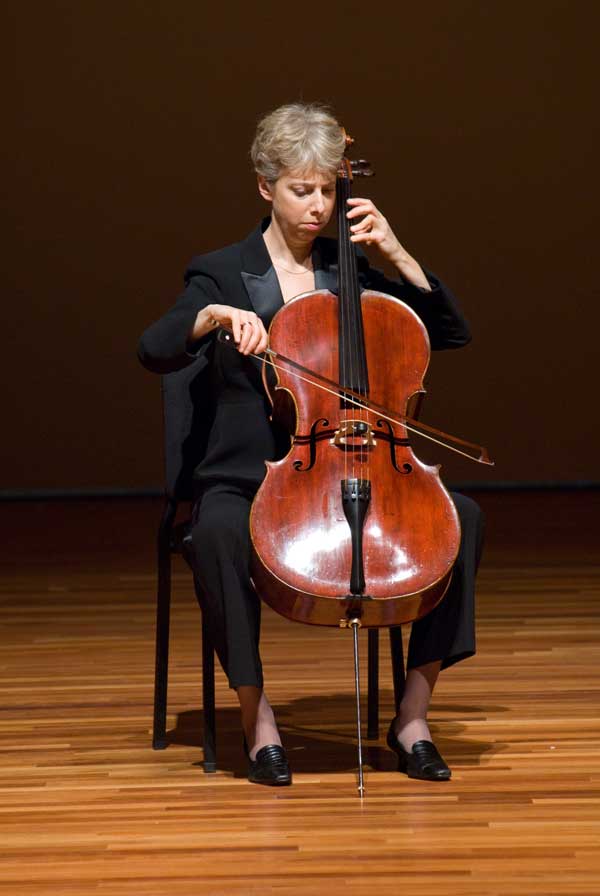
Art, a Healthier Planet, and Meaningful Antiracism
Nancy Jo Snider, Senior Professorial Lecturer, Department of Music
I hope for a world where art, in all its infinite varieties, can happen in real time and space. I hope that artists and all the displaced creators and workers can thrive. I hope that our planet will get the attention she deserves and needs, and that we will continue to live our Anti-Racist statements in ways that make a meaningful and lasting difference. I hope to meet all of my wonderful students and colleagues on campus, and, I fervently hope, to get a cortado at the DAV before the Spring 2021 semester is out.
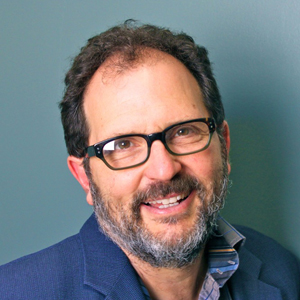
A Peaceful Path Forward
Arthur Shapiro, Professor of Psychology
The human brain constructs stories to make sense of the world around us. A curious aspect of our psychology is that we accept these stories as substitutes for reality, even though the stories themselves are sometimes far-fetched and can differ wildly from one person to another. Currently, our public discourse is occupied by divergent realities that make it difficult to confront serious challenges (environmental and otherwise). My hope for 2021 is that we find ways to peacefully navigate these differences and set a path to equity, health, prosperity, artistic and scientific advancement, and an appreciation of the wonder of life.
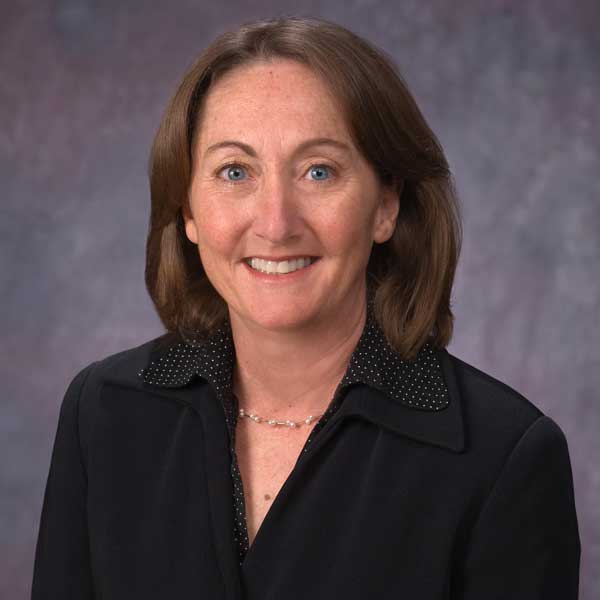
Health Equity
Stacey Snelling, Chair of the Department of Health Studies
The pandemic has exposed and exacerbated health inequities in DC and around the nation. The Department of Health Studies' mission is to address these inequities. Rather than studying health through a medical lens, AU faculty scholarship is framed through research that examines the range of social, cultural, behavioral, and systemic factors that shape our culture and our environment, so as to determine best practices and policies for achieving health for all. To achieve this, we hope in 2021 we will receive a generous gift to launch the Center for Health Equity, which will promote community-based research, learning, and advocacy in a collaborative environment to improve the health of marginalized populations in the DC region and beyond.
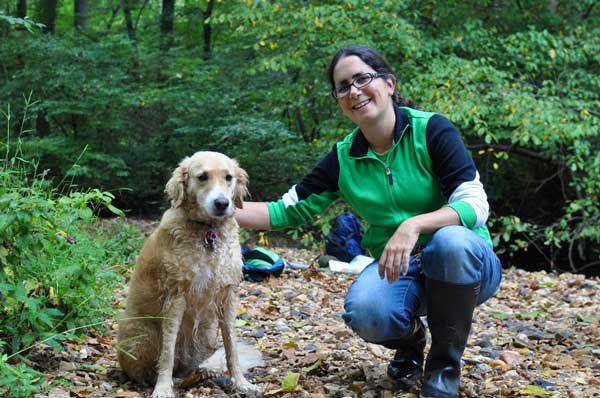
Reopened Schools
Karen L. Knee, Associate Professor of Environmental Science
My most fervent hope for 2021 is that elementary schools will open again. Since March, I have been struggling to teach my own students at AU and get a bit of writing done while also supervising my second-grade daughter’s online learning. Although she is incredibly privileged compared to most other students in Prince George’s County and nationwide, online learning is at best non-ideal, and at worst wholly inadequate, for kids her age. I look forward to the day when she can learn from her teacher in person, play freely with her friends, and go to swim practice again. Being able to do the field work for my NOAA-funded research on coastal water quality in American Samoa – which has already been postponed twice due to travel restrictions – wouldn’t hurt either.
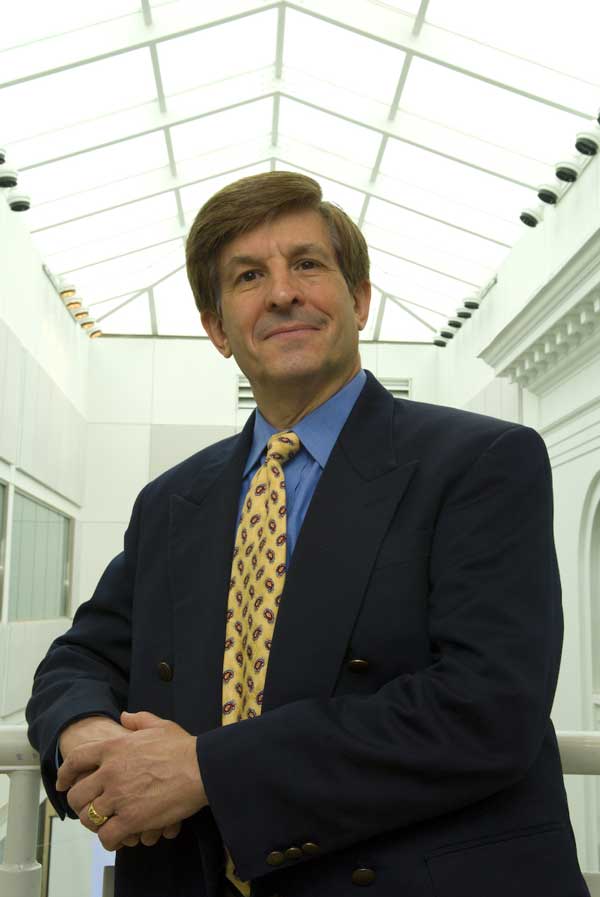
Truth
Allan J. Lichtman, Distinguished Professor of History
My fervent hope for 2021 is that we will restore to public debate and discussion our commitment to evidence, reason, and truth. Donald Trump doesn’t just lie habitually; he has destroyed the concept of truth. He relies the favorite tactic of the dictators: the self-serving Big Lie. Tell a lie loudly and often enough and people will come to believe it. Sadly, most of his supporters believe Trump’s biggest lie, that he actually won the presidential election of 2020. President-elect Joe Biden and his administration will have the daunting task of restoring our fidelity to truth, without which a democracy cannot survive.
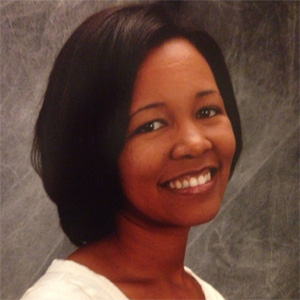
Better Citizens of the World
Kathryn Walters-Conte, Director of STEM Partnerships and Outreach and Director of AU I-CORPS Site Program
Adversity is the mother of invention. In 2020 we all encountered numerous challenges that we would have never imagined prior. Online learning, children at home, loss of loved ones and social isolation to name a few. In response we have found new ways to thrive. In 2021 we can shrug off the bad but also bring forth the new ways to exist in our world, including new-found comfort with technology, awareness of our impact on the environment, more empathy and a new appreciation for work-life balance. A collective human-kind will emerge as better citizens of the world.